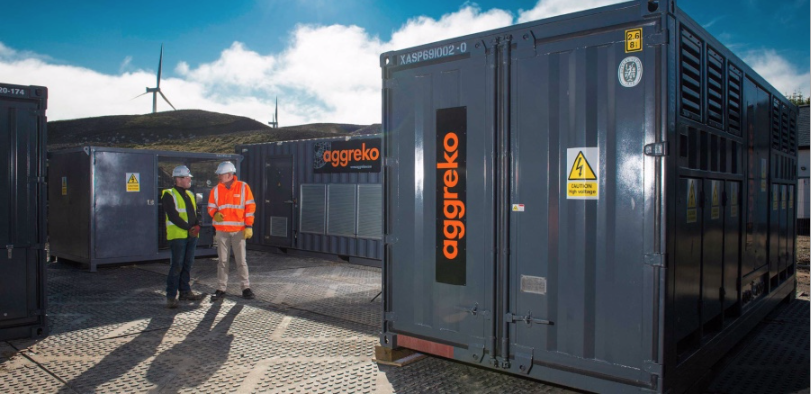
GLASGOW Caledonian University (GCU) has been awarded £218,000 from Aggreko Ltd as part of a knowledge transfer partnership to improve the efficiency of generators running in remote locations.
Aggreko provides generators globally, for purposes that range from powering ice-cream vans to temporary power solutions in humanitarian crises. GCU will look to provide the firm with ‘reliable’ and ‘secure’ software and hardware architectures and algorithms that will spot faults in such generators before they occur.
The team behind the project will be led by Professor Gordon Morison and Pete Barrie, of the university’s school of computing, engineering and the built environment. Professor Morison commented, “Usually, you extract the data you need from these generators by plugging them into your network, but if you’re talking about them being in a difficult area to reach – such as Saudi Arabia, the Sahara Desert or the Amazon Rainforest – it can be very expensive to send somebody out there each time.
“Our architecture and algorithm will therefore use machine learning to pick up faults, or the signature of faults, before they occur. By smartening up the equipment, we want our data to tell the people doing the maintenance exactly what they need to do, and when they need to do it, so that they are not making unnecessary trips and are not taking more equipment than they need.
“Less maintenance trips reduces carbon footprint and saves the company money. These hard-to-reach generators are used in what Aggreko describes as mission critical situations, so reliability and maintainability is of the utmost importance. Aggreko ideally wants data that enables it to fix something before it breaks.”
Mr Barrie added, “It’s one thing getting the data from A to B, but it also has to be done securely. When you are talking about making decisions based on data – taking medical facility generators as an example – if I’m a nasty hacker and decide to manipulate the data which results in you switching them all off, that’s not just mission critical, that’s life critical.”








